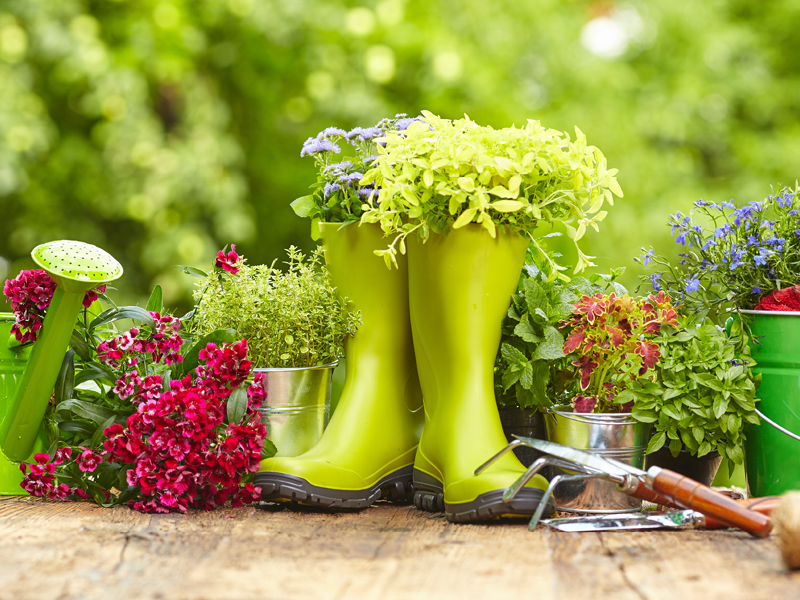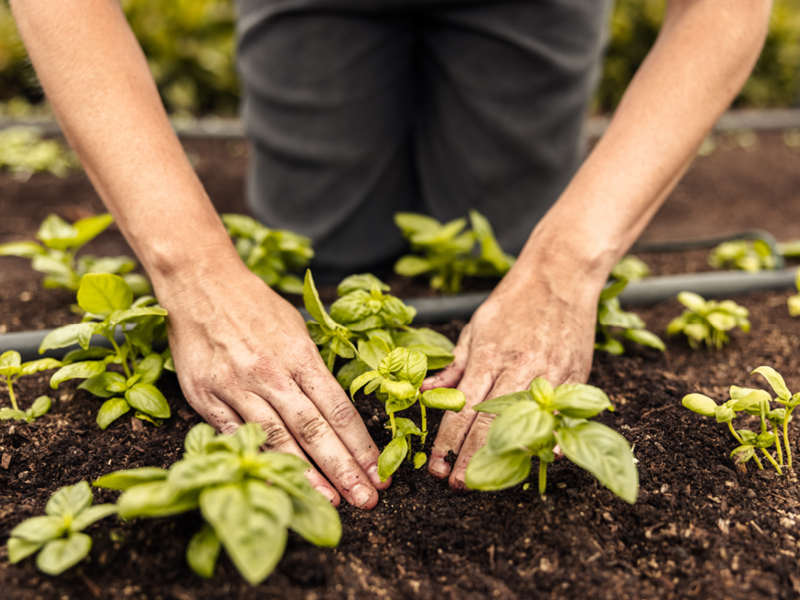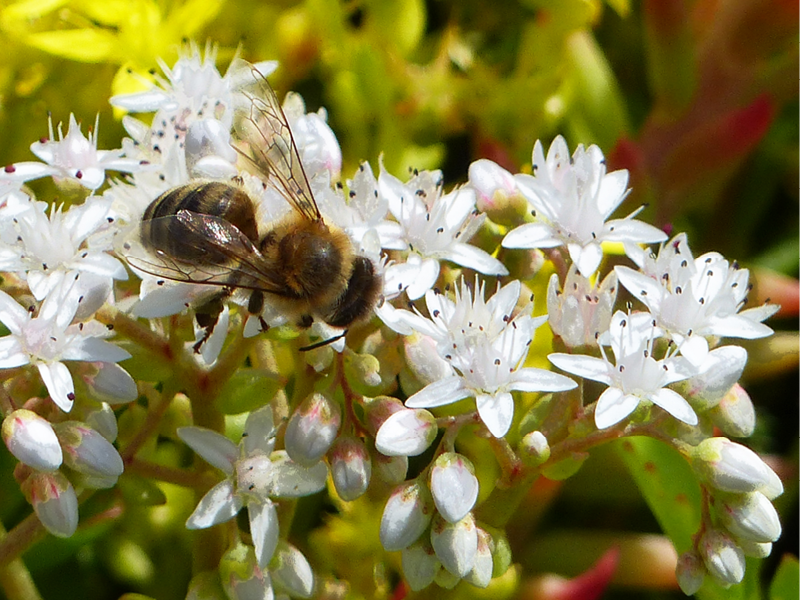What is a sustainable garden?
With the UN Climate Change Conference or COP 26 having taken place in November 2021 in Glasgow, society is now more aware than ever of the importance on reducing carbon emissions to help safeguard the future of the planet and the lives of future generations. In our previous blog, ‘Green roofs – the key to greener cities’ we touched upon the impact of green roofs and why they will be crucial in the future of modern-day cities.
Building on the message of that blog, we will take a more individual approach and look at the role you as an individual can play in reducing your own carbon footprint using your outdoor space or garden. According to the latest statistics, around 88% of British households have some form of access to a private garden whether that be private or shared. However, many may not be aware that their garden is currently not living up to its true sustainable potential.
In this blog we will cover what makes a garden sustainable and why your garden is crucial to the future of Britain and our planet.
What is a sustainable garden?
According to the Oxford dictionary ‘sustainable’ means ‘involving the use of natural products and energy in a way that does not harm the environment’. While it may seem that gardens are inherently considered ‘green’, there are several important aspects which give a garden the status of being ‘sustainable’.

Sustainable gardens are practical
Gardens are far more than just an aesthetic feature; although, for some, having an aesthetically pleasing garden is what most gardeners set out to achieve, the removal of certain plants and weeds could be detrimental to the overall ecosystem. Understanding the plants that grow in your garden and the role they play within the ecosystem is key to creating a sustainable environment. Put down your gloves and stop with the mindless weeding, often what you perceive as a weed for aesthetic purposes could be adding a crucial support to your garden and its soil.
One underrated aspect of your gardening setup that does not get the attention it should is your roof! Green roofs are rapidly increasing in popularity due to their numerous benefits especially in reducing carbon emissions whilst improving the aesthetics of your area. ECCOsedum green roofs, are a great example of a balanced and sustainable garden, they require very little maintenance and allow nature to take its course. What we would often refer to as weeds in a normal garden can and will flourish in a green roof as there is very little human intervention after initial installation.
Sustainable gardens support the ecosystem
Sustainable gardens work with nature rather than against it, for example fences, hedges and brick walls could be hindering your local environment by adding to rainwater runoff and in turn aid flash flooding. There are several avenues to avoid such a disaster from happening such as adding an ECCOfence which efficiently reduce the velocity of rainwater significantly reducing the potential for a flash flood to occur whilst also providing an aesthetic alternative to a hedge or classic wooden fence. By choosing a similar stone to that of your existing property, the ECCOfence could significantly improve the aesthetic of your overall property given the proper planning and execution.

Sustainable gardens provide a home for the local wildlife
Sustainable gardens tremendously benefit the local ecosystem in many ways: for example, by providing a home for local insects, by simply adding water features such as ponds or waterfalls to provide a natural dwelling for a plethora of different species such as frogs, by growing wildflower patches which attract honeybees, and consequently helping foster pollination of local plants and crops. Gardening is not only good for the local wildlife, but it has also been proven to be beneficial for both mental and physical well-being which has significant societal benefits such as reducing the pressure on local healthcare systems.

Sustainable gardens and their importance
The coming years will be difficult for gardeners for several reasons: increased UK rainfall has increased the cases of flooding, impacting plant growth, hotter and damper climates will bring around an increase in pests and diseases, whilst the flowering time of plants will be directly impacted due to the change in seasonal behaviour of associated pollinators. The direct negative impact of these increasing climate change affects can be mitigated if they are given the proper planning and preparation especially for your average gardener. For example, products such as ECCOGravel and ECCODal are both designed specifically to improve the environment and curtail the drastic effects of climate change.
Chancellor Rishi Sunak recently announced, at the COP 26 conference, his plans for the UK to become the ‘first ever net zero aligned financial centre’. Although the burden of achieving this feat will lie with global institutions, it cannot be stated clearly enough that you as an individual can make a significant difference to your own local community. By ensuring your garden is comprised of sustainable materials and plants which promote the local ecosystem, you can significantly reduce your own carbon footprint whilst becoming an inspiration to those in your community who are planning on becoming more eco-friendly and improving the sustainability of their garden.
As previously mentioned, most of British society has some form of access to a private or shared garden, this means a massive difference can be made by the British public to aid in reducing carbon emissions and reaching the goal of ‘net-zero emissions by 2050’ set by the British Government. Although this will not be achieved overnight, taking a systematic approach such as ensuring your garden is heavily sustainable can make a world of a difference in your local community.
Not so sure on your the next steps? Contact us today for more inspiration into how you can make your own gardening setup exponentially more sustainable and help make a difference to the wider community.

